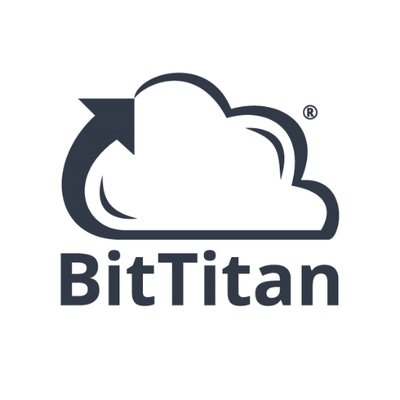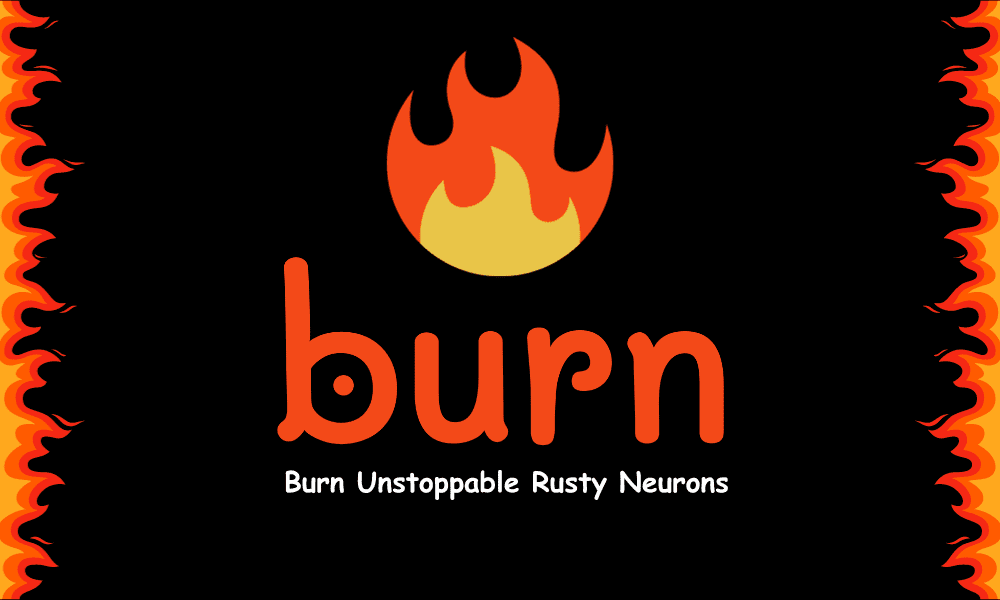In this article, we will delve into the do’s and don’ts of utilizing AI in software development, allowing you to stay ahead of the curve with the latest technologies and confidently use AI as a valuable tool in your toolbox, rather than viewing it as a threat to your job.
AI is revolutionizing software development, with tools like ChatGPT making waves in the development community. While some embrace this change, others see AI as a potential threat. So, how should we handle this new technology? Do we need to abandon our old practices?
The fear of becoming obsolete and losing our jobs deeply affects us. If we let these fears guide us and believe in them, we will misuse the new technology, thereby fulfilling our fears. For instance, if we completely rely on AI and discard all traditional techniques, we risk losing our knowledge and eventually being replaced entirely by AI. However, it’s important to remember that humanity has faced similar challenges before. During the Industrial Revolution, when machines began taking over factories, the same fears arose: the fear of adapting to new, unfamiliar tools and the fear of being completely replaced by these tools.
If you are not familiar with AI tools and want to learn how to enhance your apps and avoid coding pitfalls, you can check out “The Future is Now: Integrating AI in Software Development.” This resource provides effective strategies for collaborating with AI.
DON’T use AI tools to replace learning platforms. If you want to acquire new skills or expand your knowledge in a flexible and accessible online format, it is best to turn to online learning platforms or bootcamps. These platforms offer a wide range of courses, tutorials, and educational content created by experts in their respective fields. These experts utilize their experience to provide you with a reliable and comprehensive way to learn a new subject. It is not advisable to rely solely on AI tools for this purpose. AI tools can generate incorrect responses, and it can be difficult to discern when they are fabricating information. Before seeking assistance from AI tools, it is important to have a grasp of the fundamentals of the technology you wish to use. This will enable you to evaluate the results provided by AI tools and identify any inaccuracies in the answers they provide. However, during the early stages of learning a new programming language or technology, you can still use AI tools to guide you in creating a custom learning path.
When utilizing emerging AI tools in your learning support system, keep in mind that they make repetitive tasks easier and can help solve bugs that may have taken you days to fix. While AI is a valuable part of your learning support system, it should not be the sole element. Each learning method, whether it be watching videos, reading articles, taking courses, or engaging in hands-on activities, offers a unique perspective. AI tools should be integrated into your learning support system, which consists of the resources you consult when learning something new or reviewing information. It is crucial to review the documentation of each technology to learn best practices from the developers themselves. Additionally, traditional methods like searching on platforms like Stack Overflow can provide more than just answers; they offer diverse insights through discussions on various topics.
Treat AI as a useful tool that assists developers in tackling lengthy and repetitive tasks. AI tools are not meant to replace developers; instead, they are designed to enhance efficiency and productivity by automating certain aspects of coding. While AI excels at generating code snippets and automating repetitive tasks, it cannot replace the role of a developer. It is important to maintain an active role in coding, understand the logic behind the code, and ensure that the final output aligns with project requirements and best practices. It is crucial to strike a balance between utilizing AI for efficiency and utilizing your own problem-solving skills to create robust, logical code. Over-reliance on AI tools can hinder your growth and problem-solving abilities as a developer. Therefore, while AI can be a powerful ally in your development journey, it should complement your skills rather than completely replace them.
Evaluate all output generated by AI tools. Continuous monitoring and assessment of AI results is essential to maintain accuracy and relevance over time. AI systems are not infallible and can produce errors or biased outcomes. It is necessary to review any code generated by AI to quickly identify and correct any issues. Despite their capabilities in processing vast amounts of data, AI systems are not immune to biases in training data or algorithmic constraints. Occasionally, the best response to a question may come from asking additional questions or rephrasing the initial question for AI tools. Critical thinking and a healthy level of skepticism are important when interpreting AI-generated results. Additionally, it is important to acknowledge that AI tools have a knowledge cutoff date, meaning their information may not reflect the most recent developments or insights in a rapidly evolving world. Real-time data and expert human judgment should be used when dealing with AI-generated data, especially when making critical decisions or seeking the latest information. Timeliness is crucial to ensure accurate responses to your questions. If you are trying to update code to current standards or learn about recent tech announcements, your AI tools may not be able to provide the most up-to-date information.
Source link






















